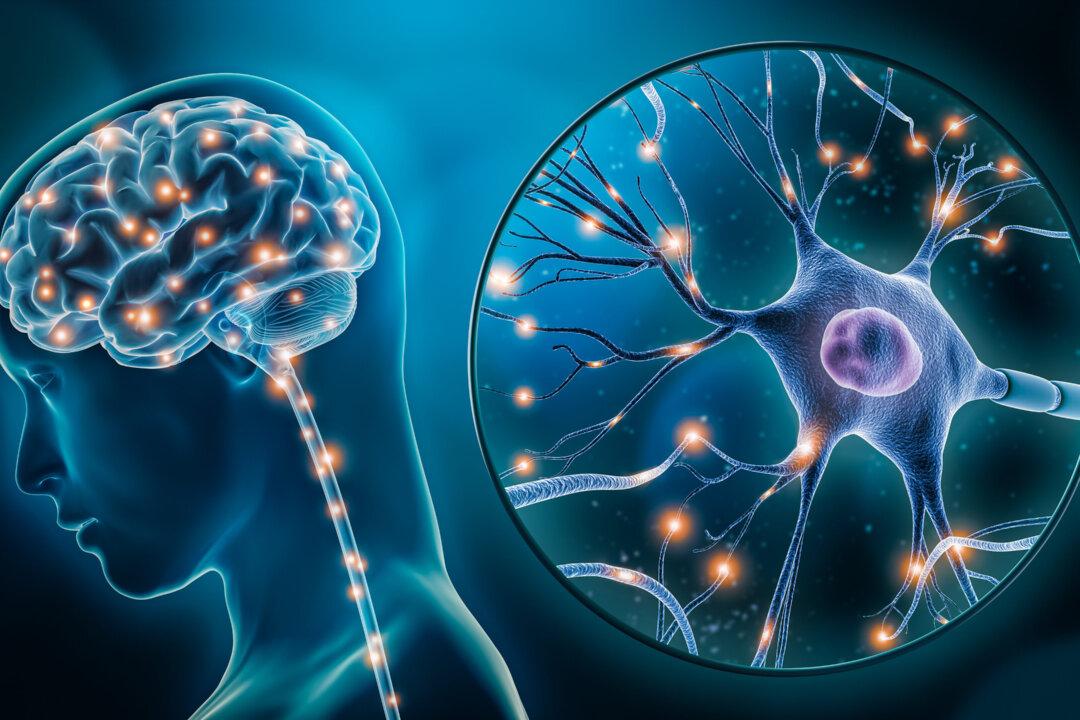How we perceive the world, form memories, and experience satisfaction fundamentally define the way we live and who we are. Recent science and widespread firsthand accounts now show that hormonal contraception, including the birth control pill, profoundly affects these domains by altering the structure of the brain and our neurochemistry.
Hormonal contraception (HC) has long been regarded as a relatively safe and effective option for women seeking to prevent pregnancy since the 1960s. It has also been prescribed for a wide range of conditions ranging from acne to polycystic ovarian syndrome.






